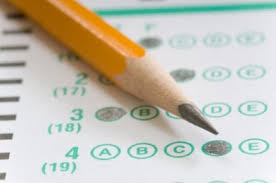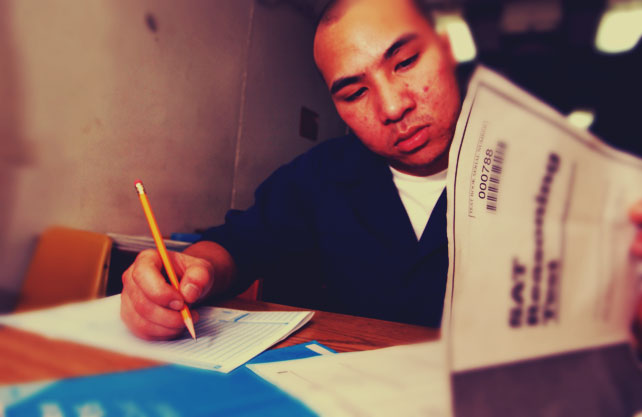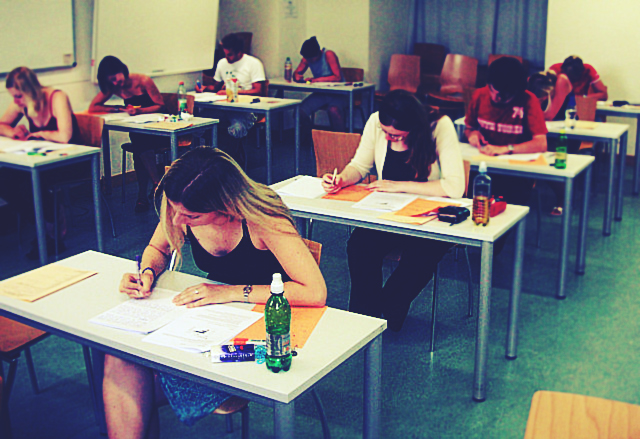The Good, the Bad and the Ugly of Tests
By Deanna Hurn, Founder and Executive Director of Miracle Math Coaching
Staying on top of how your child is doing in school is important. And a good indicator are quizzes, exams and standardized testing. But I urge you NOT to label your child a classroom genius or an academic struggler based upon that big red grade at the top of a piece of paper. Let me say this again, parents, your child’s grades are not an indication of intelligence!
Tests measure how well students learn the material presented in class. They don’t measure how likely it is that your son or daughter will grow up to be another Einstein. Students do well (and not so well) for many reasons unrelated to intellect.
As I’ve mentioned before, children learn differently. Some students learn best by seeing information, while others “get it” when they hear information. Still others need to read and take notes. If teachers relay material in a way that doesn’t resonate with your child, he or she may not perform well on tests.
So what’s a Mom or Dad to do?
Talk with the teacher about how your child best learns. Of course, teachers can’t logistically juggle teaching methods to match the learning style of each student. But a teacher who knows your child’s learning style might be more inclined to take that into account when presenting material.
Anxiety plays a role, too. Students who are overly anxious do poorly, as one would expect. But a certain amount of nervousness is a good thing for students with good memories.
A study conducted at the University of South Hampton in the United Kingdom showed that students with good recall earned higher test scores when they were anxious. But students with poor memories, earned lower test scores when anxious.
Teaching your child to calm him or herself with deep breathing can help.
Here are other ways parents can assist their children, courtesy of the Chicago Jesuit Academy, a private school in the Windy City.
The night before a test:
- Help your child get to bed on time. Research shows that being well-rested helps students do better.
- Keep your routine as normal as possible. Upsetting natural routines may make children feel insecure.
- Mention the test to show you’re interested, but don’t dwell on it.
- Plan ahead to avoid conflicts on the morning of the test.
The morning of the test:
- Get up early to avoid rushing. Be sure to have your child at school on time.
- Have your child eat a good breakfast but not a heavy one. Research shows that students do better if they have breakfast before they take tests.
- Be positive about the test. Acknowledge that tests can be hard and that they’re designed so that no one will know all of the answers. Explain that doing your best is what counts. The important thing is to make your child comfortable and confident about the test.
After the test:
- Talk to your child about his or her feelings about the test, making sure you acknowledge the effort such a task requires.
- Discuss what was easy and what was hard; discuss what your child learned from the test.
- Discuss what changes your child would make if he or she were to retake the test.
- Explain that performance on a test is not a condition for you to love your child. You love your child just for the person he or she is.
I hope this information was as helpful to you as it is for me as a parent. All three of my girls learn differently, and my husband and I provide each child with support that meets them where they are.







